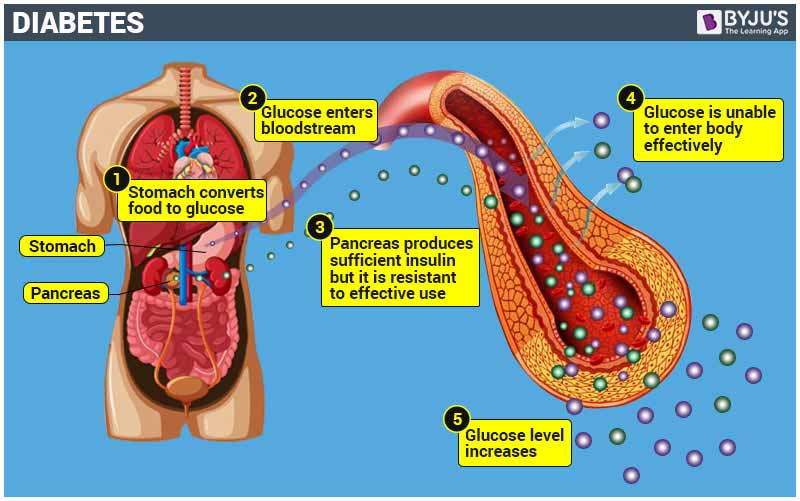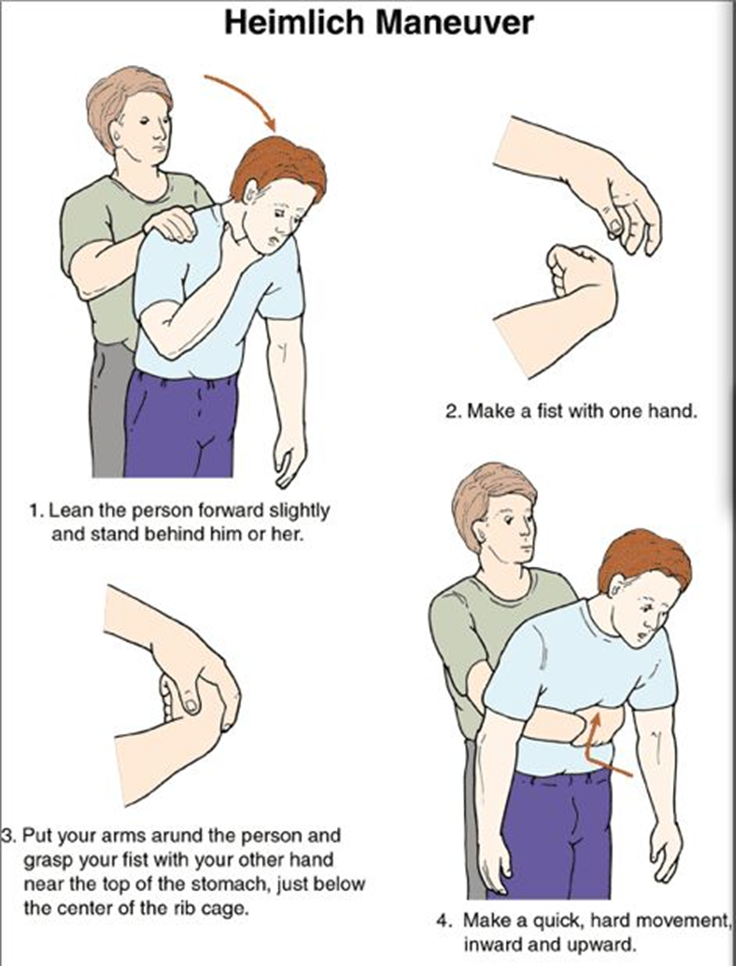A nurse is caring for a client with diabetes mellitus who is prescribed regular insulin via a sliding scale. After administering the correct dose at 0715, the nurse should ensure the client receives breakfast at which of the following times?
0730
0745
0815
0720
The Correct Answer is A
Choice A reason:
0730: Regular insulin, also known as short-acting insulin, typically begins to work within 30 minutes after administration. Therefore, ensuring the client receives breakfast at 0730, which is 15 minutes after the insulin dose, aligns with the onset of insulin action. This timing helps to prevent hypoglycemia by ensuring that glucose from the meal is available when the insulin starts to lower blood sugar levels.
Choice B reason:
0745: Administering breakfast at 0745, which is 30 minutes after the insulin dose, might be slightly delayed. While it is still within the effective window, it is better to have the meal a bit earlier to ensure that glucose is available as soon as the insulin begins to act.
Choice C reason:
0815: Providing breakfast at 0815, which is an hour after the insulin dose, is too late. By this time, the insulin would have already started to lower blood glucose levels significantly, increasing the risk of hypoglycemia. It is crucial to match the timing of food intake with the insulin action to maintain stable blood sugar levels.
Choice D reason:
0720: Serving breakfast at 0720, which is only 5 minutes after the insulin dose, is too early. The insulin would not have started to act yet, and the blood glucose levels might rise too high before the insulin begins to lower them. It is important to wait at least 15-30 minutes after administering regular insulin before eating.

Nursing Test Bank
Naxlex Comprehensive Predictor Exams
Related Questions
Correct Answer is A
Explanation
Choice A reason:
The Heimlich maneuver, also known as abdominal thrusts, is the recommended first aid technique for a conscious person who is choking. This maneuver helps to expel the object blocking the airway by using the air remaining in the lungs to force it out. The nurse should stand behind the person, place their arms around the person’s waist, make a fist with one hand, and place it just above the navel. The other hand should grasp the fist, and quick, upward thrusts should be performed until the object is expelled.

Choice B reason:
Slapping the client on the back several times is not the recommended first action for a conscious adult who is choking. While back blows can be effective, they are typically used in combination with abdominal thrusts and are more commonly recommended for infants. For adults, the Heimlich maneuver is preferred as the initial response.
Choice C reason:
Assisting the client to the floor and beginning mouth-to-mouth resuscitation is not appropriate for a conscious person who is choking. Mouth-to-mouth resuscitation, or rescue breathing, is used when a person is not breathing and is unresponsive. In this scenario, the client is conscious but unable to speak, indicating a blocked airway that requires the Heimlich maneuver.
Choice D reason:
Observing the client before taking further action is not advisable in a choking emergency. Immediate intervention is crucial to prevent the situation from worsening. If the person is unable to speak, cough, or breathe, the Heimlich maneuver should be performed without delay.
Correct Answer is B
Explanation
Choice A reason:
Restricting the client’s oral fluid intake is not appropriate in this situation. Adequate fluid intake is essential to help flush out the bladder and prevent clot formation. Clients are usually encouraged to drink plenty of fluids to ensure proper hydration and urine flow.
Choice B reason:
Reminding the client that he might feel a constant urge to void is important. After a transurethral resection of the prostate (TURP), the presence of the catheter and continuous bladder irrigation can cause a sensation of needing to urinate. This is a common experience and reassuring the client helps manage their expectations and reduce anxiety.
Choice C reason:
Weighing the client every evening is not a standard intervention specifically related to TURP and continuous bladder irrigation. While monitoring weight can be important for overall health, it is not directly related to the immediate postoperative care of a TURP patient.
Choice D reason:
Monitoring the client’s urine output every 6 hours is important, but it should be done more frequently in the immediate postoperative period. Continuous bladder irrigation requires close monitoring to ensure that the irrigation fluid is flowing properly and that there are no blockages or complications.
Whether you are a student looking to ace your exams or a practicing nurse seeking to enhance your expertise , our nursing education contents will empower you with the confidence and competence to make a difference in the lives of patients and become a respected leader in the healthcare field.
Visit Naxlex, invest in your future and unlock endless possibilities with our unparalleled nursing education contents today
Report Wrong Answer on the Current Question
Do you disagree with the answer? If yes, what is your expected answer? Explain.
Kindly be descriptive with the issue you are facing.
